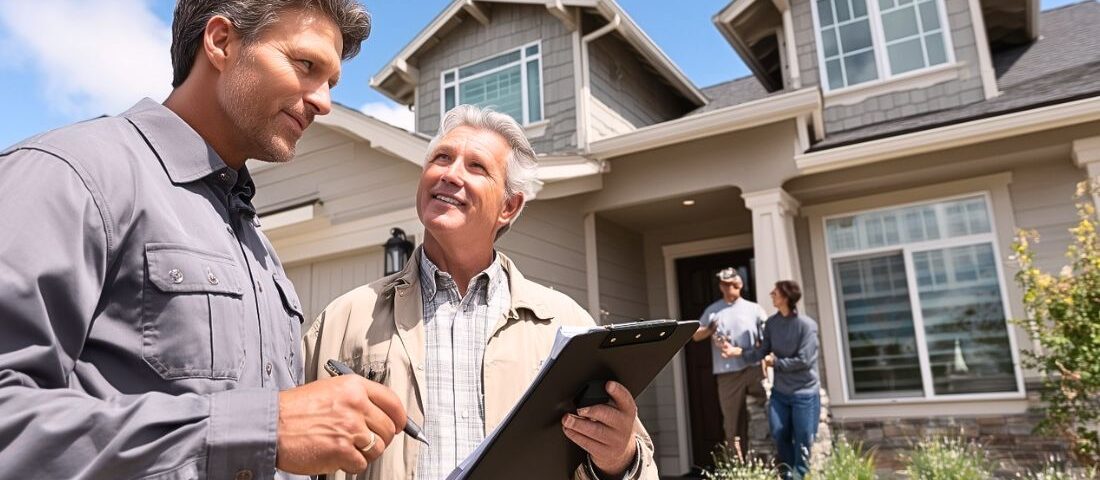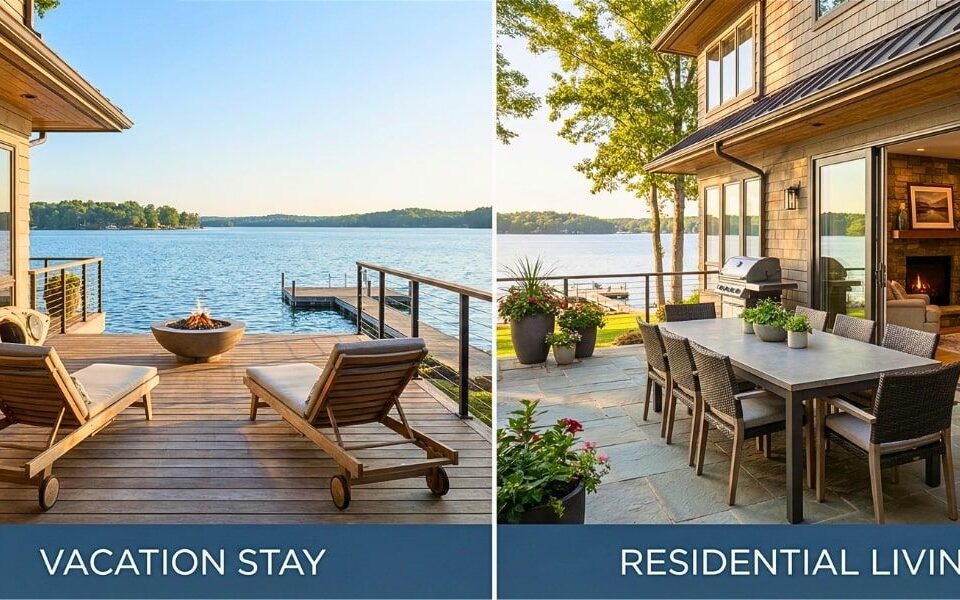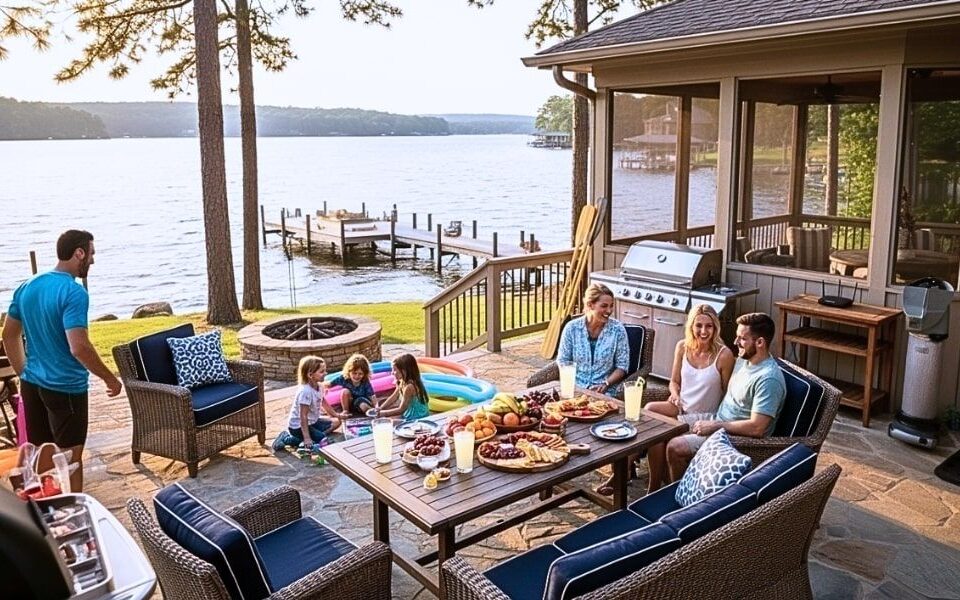
Owning vacation rentals in South Carolina can be a rewarding investment. However, there’s more to running a well-managed rental property than securing a high volume of bookings. You need to ensure your property is safe, compliant with local laws, and protected from unexpected risks.
Neglecting these responsibilities could result in fines, liability claims, or negative guest experiences that impact your rental income.
This post outlines six essential tips for vacation rental owners to stay safe, remain compliant, and operate with confidence.
6 Essential Tips for Ensuring Safety and Compliance in Vacation Rentals
1. Understand Local and State Regulations
Short-term rental laws are complex. In South Carolina, each city or county has its requirements regarding permits, zoning, guest limits, and tax collection. For example, Charleston enforces strict rules on licensing and may limit rentals to primary residences. Violations can result in fines of up to $1,000 per day.
To avoid violations, research the regulations specific to your property’s location. Stay up to date on changes to local laws, as tourism-related rules can shift quickly. Ensure you are registered with the South Carolina Department of Revenue to collect and remit the required sales and accommodations taxes.
2. Prioritize Fire and Carbon Monoxide Safety
Fire and carbon monoxide threats are serious risks in any home. Property owners must follow local regulations to ensure safety. Most municipalities require smoke detectors in every bedroom, hallway, and on each floor of the building.
If your home uses gas appliances or has an attached garage, carbon monoxide detectors are essential. Install fire extinguishers in high-risk areas such as the kitchen and ensure guests have access to clearly marked exit routes. Regularly test alarms and replace batteries to confirm everything works as intended.
3. Address Physical Hazards and Improve Accessibility
Physical hazards, such as loose railings, uneven stairs, or poorly lit walkways, are among the most common causes of guest injuries. These risks can lead to legal claims and poor reviews.
Regularly walk your property to inspect for tripping hazards and worn-out structures, especially after weather events. Ensure pathways are well-lit and clear, both indoors and outdoors. If your property has a pool or hot tub, install safety fences, alarms, and signage. Some property owners may also need to offer safety and accessibility features for guests with disabilities. That could include upgrades like grab bars in bathrooms and ramps to access entrances.
4. Strengthen Security and Emergency Preparedness
Guest safety extends beyond physical hazards. Properties that sit empty between bookings are vulnerable to theft or damage, and emergencies like storms can escalate quickly.
Equip your rental with secure door locks or smart locks that allow for code changes between guests. Install outdoor lighting and visible security cameras if appropriate. Inside, provide a clear list of emergency contacts, including police, fire, and urgent care facilities. Include a first-aid kit and a printed emergency plan for natural disasters common to South Carolina.
5. Carry Proper Short-Term Rental Insurance
Many owners assume their homeowner’s insurance will cover guest stays, but most policies exclude commercial rental activity. That leaves you exposed to significant financial risk.
Work with an insurance provider who understands vacation rental needs and can offer specialized coverage. Look for policies that include liability protection, guest-related damages, weather events, and loss of income. Keep records of the property’s condition between bookings and ensure you understand how to file a claim if needed. Having the right policy in place offers peace of mind and financial protection.
6. Set Clear Rules and Communicate With Guests
Clear communication is one of the easiest ways to reduce risk. When guests understand your expectations, they’re more likely to respect your home.
Prepare a welcome guide that outlines the house rules and other essential information. Cover topics such as parking guidelines, waste disposal, Wi-Fi access, appliance instructions, emergency supply locations, and more. Set clear boundaries around noise and pet policies. Include local emergency numbers and recommendations for nearby restaurants, attractions, or grocery stores. Check in with guests before and during their stay to address any questions, and follow up afterward to gather their feedback.
Are You Doing Enough to Protect Your Property?
Do you need help running rental properties in South Carolina? Southern Dreams Rentals is your full-service property management solution for vacation rentals. Visit Southern Dreams to learn more about our services or contact us to speak with a property management expert.



